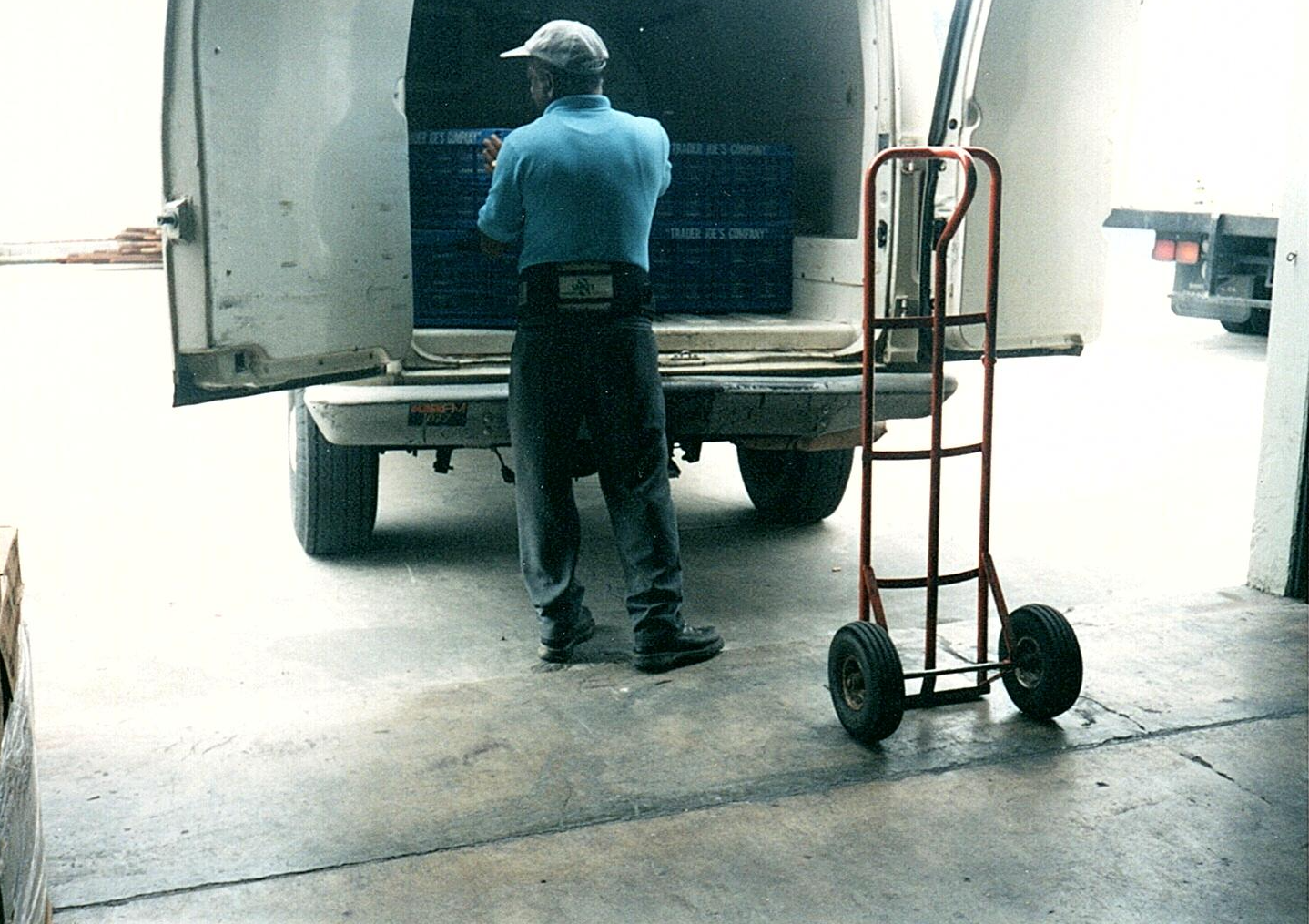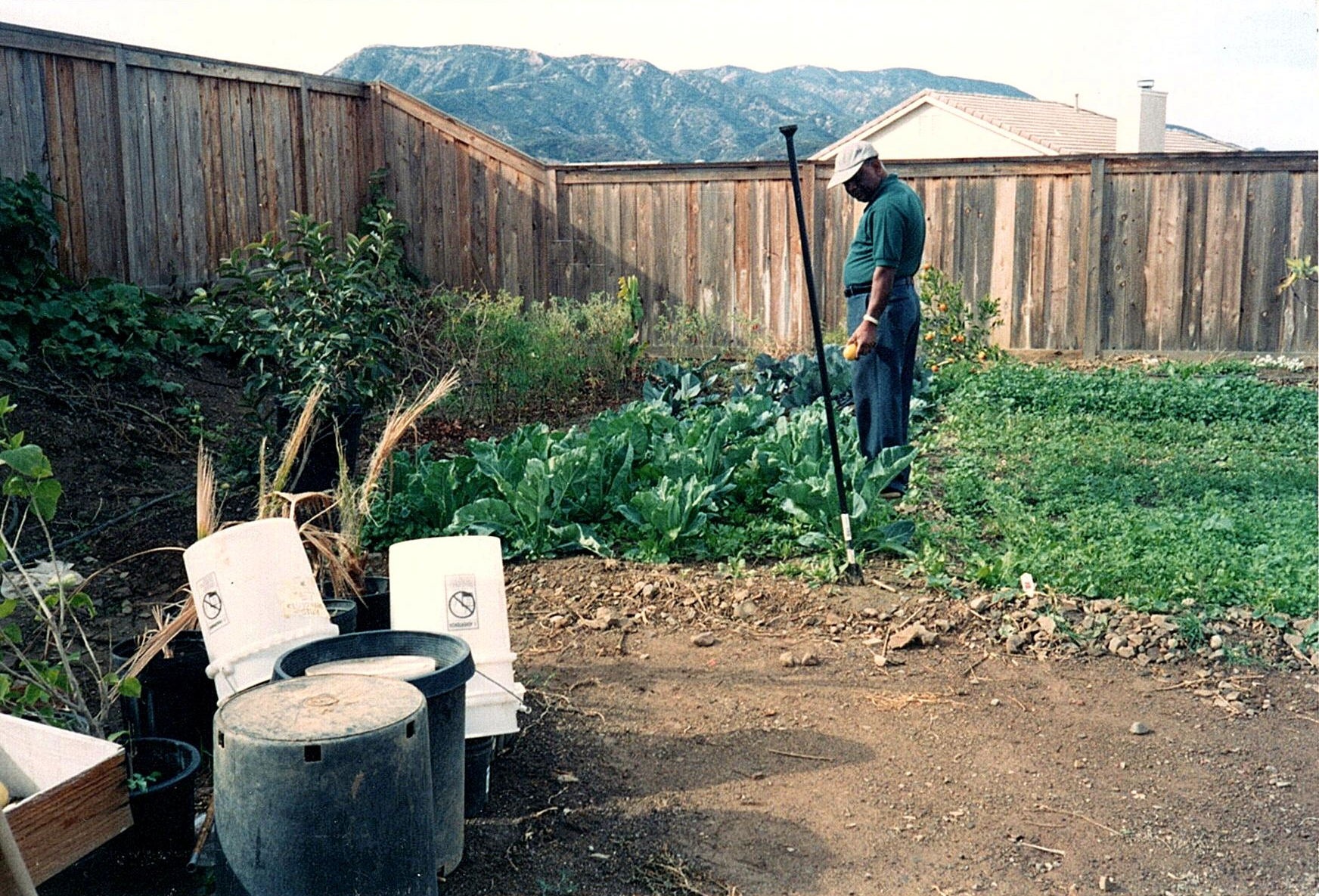Picnic Sandwiches
One day a white Ford Econoline van appeared, so old that its paint was matted, its enamel sheared away by time and smogwinds. The sound was unnerving when I scratched my stubby nails on its side to examine it, but I accepted it. It had a defunct refrigeration unit the size of a case of small water bottles on top and a huge sticker decal on one side that read “Picnic Sandwiches” in a chubby typewriter font. Deli, Catering, Delivery. (626) something something something – something something something something. I have no idea where my father procured this adorable hunk of junk, but I loved it. It was fantastically unreliable, breaking down with such tenacity that the guy at Lynn’s Auto Body had a dedicated space cleared for it. My dad had that crooked mechanic’s number on speed dial. I wonder now who he called first from the blue call boxes that dotted the sidelines of all of the highways where Picnic Sandwiches decided to stop to have lunch and a long nap – my …









